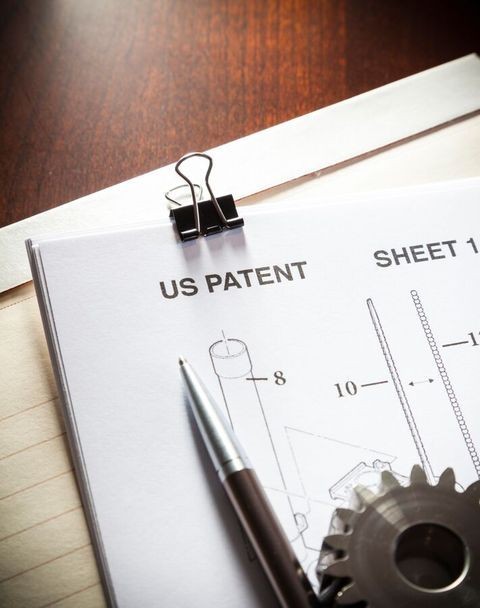Patentees’ Prior Statements in Unrelated Korean Suit Invalidate Infringed US Claims
Client Alert | 1 min read | 05.07.07
In Astra Aktiebolag v Andrx Pharmaceuticals (Nos. 04-1562, -1563, -1589; April 23, 2007) (Astra v Andrx) a Federal Circuit panel affirms, inter alia, a district court’s finding that Astra’s claims were either inherently anticipated or made obvious by a prior published Korean application. Astra’s process claims were for a process of making omeprazole (the generic name for Prilosec®), which included an “in situ” step that produced a product with three layers, a core, a separating layer and a coating layer, the “separating” layer being formed by an in situ step.
The Federal Circuit panel affirms the district court’s determination that Andrx infringed Astra’s process claims, but also affirms that the claims were either inherently anticipated or obvious in view of a prior published Korean application (the CKD application). The CKD application disclosed a generic omeprazole product (the CKD product) having the same ingredients as the product produced by Astra’s claimed process, but CKD did not disclose the process by which its product coating was made. Nonetheless, the district court determined that the CKD application anticipated Astra’s claims based, in part, on Astra’s own assertions made during a prior Korean litigation and Korean Patent Office proceeding involving the CKD application. Astra asserted, “the CKD process (Method A) claimed in the CKD Patent Application resulted in the in situ formation of a separating layer in the CKD’s OMP tablet.” The Federal Circuit panel states that “the district court acting as factfinder found credible that evidence of inherent in situ formation, and we find no clear error in that determination.”
Insights
Client Alert | 6 min read | 02.18.26
The CeramTec Case, or How to (not) Navigate the Patent to Trademark Transition
The Court of Justice of the European Union (CJEU) recently delivered its judgment in the CeramTec case (C-17/24).
Client Alert | 4 min read | 02.17.26
Texas Federal Court Hands Cyber Policyholders Major Win in Southwest Airlines Coverage Dispute
Client Alert | 3 min read | 02.13.26
Client Alert | 12 min read | 02.13.26
What Organ Procurement Organizations Need to Know About CMS's New Proposed Rule


